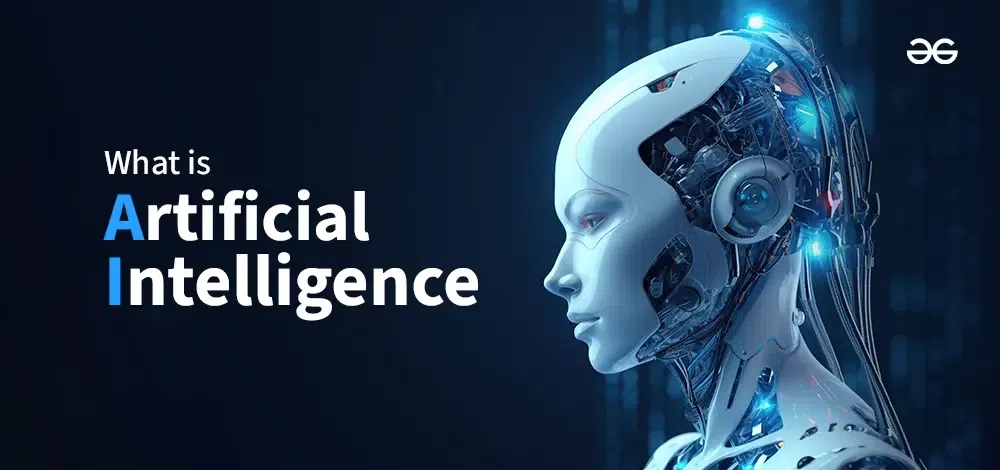
Lower-cost AI tools could reshape jobs by giving more employees access to the innovation.
- Companies like DeepSeek are establishing low-cost AI that could assist some workers get more done.
- There might still be threats to employees if employers turn to bots for easy-to-automate tasks.
Cut-rate AI may be shocking industry giants, but it's not most likely to take your task - a minimum of not yet.

Lower-cost approaches to establishing and training expert system tools, from upstarts like China's DeepSeek to heavyweights like OpenAI, will likely allow more people to lock onto AI's performance superpowers, industry observers informed Business Insider.

For lots of employees worried that robots will take their jobs, that's a welcome development. One frightening possibility has been that discount rate AI would make it much easier for employers to switch in cheap bots for expensive human beings.
Obviously, that could still take place. Eventually, utahsyardsale.com the technology will likely muscle aside some entry-level employees or those whose functions largely include recurring tasks that are easy to automate.
Even greater up the food chain, staff aren't necessarily devoid of AI's reach. Salesforce CEO Marc Benioff said this month the business might not work with any software engineers in 2025 due to the fact that the firm is having a lot luck with AI agents.
Yet, broadly, for many workers, lower-cost AI is likely to expand who can access it.
As it ends up being more affordable, it's simpler to integrate AI so that it becomes "a partner rather of a risk," Sarah Wittman, an assistant professor of management at George Mason University's Costello College of Business, told BI.
When AI's cost falls, she said, "there is more of a prevalent approval of, 'Oh, this is the method we can work.'" That's a departure from the state of mind of AI being an expensive add-on that employers may have a tough time justifying.
AI for all
Cheaper AI could benefit workers in locations of a company that typically aren't viewed as direct earnings generators, Arturo Devesa, primary AI architect at the analytics and data company EXL, told BI.
"You were not going to get a copilot, possibly in marketing and HR, and now you do," he said.
Devesa stated the course shown by companies like DeepSeek in slashing the expense of establishing and executing large language models changes the calculus for companies deciding where AI might pay off.
That's because, for the majority of large business, such decisions consider cost, accuracy, and shiapedia.1god.org speed. Now, with some costs falling, the possibilities of where AI might show up in a workplace will mushroom, Devesa stated.
It echoes the axiom that's all of a sudden all over in Silicon Valley: "As AI gets more efficient and available, we will see its use skyrocket, turning it into a product we just can't get enough of," Microsoft CEO Satya Nadella composed on X on Monday about the so-called Jevons paradox.
Devesa stated that more productive employees won't necessarily reduce demand for individuals if companies can establish new markets and brand-new sources of income.
Related stories
AI as a commodity
John Bates, CEO of software application business SER Group, informed BI that AI is becoming a commodity much quicker than expected.
That indicates that for jobs where desk employees might need a backup or oke.zone someone to confirm their work, affordable AI may be able to step in.
"It's terrific as the junior understanding worker, the thing that scales a human," he said.
Bates, a former computer science professor at Cambridge University, said that even if an employer currently planned to utilize AI, the reduced expenses would boost return on financial investment.
He likewise said that lower-priced AI could offer little and medium-sized businesses easier access to the technology.
"It's just going to open things up to more folks," Bates said.
Employers still need human beings
Even with lower-cost AI, lespoetesbizarres.free.fr people will still belong, said Yakov Filippenko, CEO and creator of Intch, which assists experts discover part-time work.
He stated that as tech firms contend on rate and drive down the expense of AI, lots of companies still will not aspire to eliminate workers from every loop.
For instance, Filippenko said companies will continue to need designers due to the fact that somebody needs to verify that new code does what an employer wants. He stated companies employ recruiters not just to finish manual labor; managers also want a recruiter's viewpoint on a candidate.
"They spend for trust," Filippenko stated, describing employers.
Mike Conover, CEO and founder of Brightwave, utahsyardsale.com a research platform that utilizes AI, informed BI that a good piece of what individuals do in desk jobs, in specific, includes tasks that might be automated.
He stated AI that's more widely readily available due to the fact that of falling expenses will allow human beings' imaginative capabilities to be "released up by orders of magnitude in regards to the sophistication of the issues we can solve."
Conover thinks that as costs fall, AI intelligence will also infect even more locations. He said it's comparable to how, years earlier, the only motor in a vehicle may have been under the hood. Later, as electrical motors diminished, they showed up in places like rear-view mirrors.

"And now it's in your toothbrush," Conover stated.
Similarly, Conover said omnipresent AI will let professionals develop systems that they can tailor to the needs of tasks and workflows. That will let AI bots handle much of the grunt work and enable workers ready to experiment with AI to handle more impactful work and maybe move what they're able to concentrate on.







